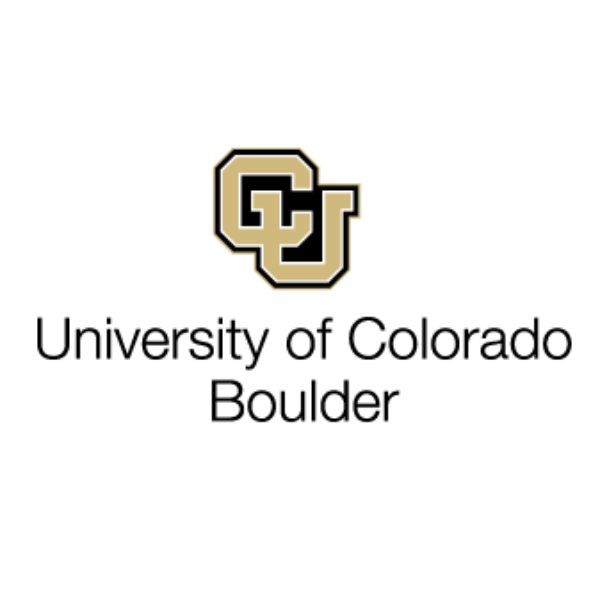CU SPUR Welcomes Community College Students for STEM Research Opportunities
Andrew Johnson left the golf course industry and ventured into something slightly different – an opportunity to research computer architecture security.
“I was probably going to be stuck in my current role for another 20 years, and I wanted progress,” said Johnson. “When I was working with irrigation, software and machines, it first introduced me to how powerful computers are.”
Johnson’s early fascination with machinery and automation spurred his curiosity about engineering. Now, he is one of 18 Denver-metro community college students who are diving into their first taste of research as part of CU SPUR (Summer Program for Undergraduate Research).
The CU SPUR program hosted its first cohort of community college students as part of the broader Denver-Metro Engineering Consortium (DMEC) consisting of local community colleges, four-year institutions and industry partners seeking to increase the number of engineering professionals. DMEC received funding from the U.S. Department of Defense to support this initiative. There is expected to be nearly 4,600 annual engineering job openings in Colorado and about 18% job growth over the next decade, according to the Colorado Talent Pipeline Report.
SPUR participants are mentored by a College of Engineering and Applied Science faculty member and works alongside undergraduate and graduate students. This summer, community college researchers have been tackling projects across engineering, from mitigating indoor air quality in Colorado public schools and improving GPS performance in mobile phones, to 3D printing novel static mixer elements.
Special faculty connection
Tamara Silbergleit Lehman, an assistant professor of computer engineering, holds a special connection with the CU SPUR initiative particularly with mentoring students like Johnson.
“Coming from a community college background myself, I had firsthand experience in going through the process of getting an associate of arts degree and then transferring to a four-year college. I appreciated my experience, but never had the chance of doing research,” said Lehman. “I wanted to provide the opportunity that I didn’t have when I was doing my studies.”
Lehman’s researchers meet weekly to discuss their projects. Throughout the 10-week research program, her lab fosters a community of learning and collaboration among all students regardless if they’re a community college, undergrad or PhD student. As a steadfast supporter of the CU SPUR program for many years, Lehman expressed her passion for its mission.
“The opportunity to do research while you’re doing your undergraduate studies is extremely important for a successful career. There’s no reason why community college students should not have these same opportunities,” she said.
Real-world applications from research
Andrew Johnson, community college student, performs research.Johnson understands how his research skills will be essential, not only for his education, but also for his life.
“Many people in the computer, science and engineering world are very driven by software updates and improving hardware performance. We cannot forget about security, especially when we’re dealing with things like AI. We continually need to remind ourselves to focus on computer security,” he said.
“Our group is focused on security and how we can improve computer security measures,” said Johnson. “We use processor simulators that act like their own computers. We then launch attacks to see how they run through a series of tests and see the feedback on how these processors performed and how much security vulnerability there was.”
Their research hopes to enable better defense mechanisms not just targeted for one attack, but encompassing many different vulnerabilities in hardware. Computer security researchers or hardware designers can use those tools to create more robust architecture in future design cycles.
First-time research experience? Don’t fret
Johnson is in his last couple of semesters at Arapahoe Community College and ultimately hopes to finish his degree at CU Boulder focusing on areas like AI, robotics or biomedical engineering.
“I love the challenges. I’ve done simple case coding before, but now get to actually learn how computers function and how memory systems operate,” said Johnson. “The experience is invaluable and many employers are looking for students who have unique practical experiences in their time in college.”
He encourages his fellow and future students to take full advantage of opportunities like CU SPUR.
“Don’t be afraid to ask questions! Research is often new material,” he said. “Reach out to peers around you, schedule one-on-one meetings with your mentor and if you feel stuck, that’s a normal feeling in research. Be kind to yourself and just continue to dig deep for answers or results.”

